The views expressed in our content reflect individual perspectives and do not represent the authoritative views of the Baha'i Faith.
In the Jewish family of my childhood, we frequently visited grandparents for holidays along with at least some of my many aunts, uncles, and cousins.
My father’s parents lived just a couple of hours away, so we would usually go there. But when we had time to travel further, we would visit my mother’s parents in southern Indiana. Orthodox Jews from Lithuania, they had immigrated to the United States through Ellis Island in the early 1900s. True to their orthodoxy, they kept a strictly Kosher home and followed other traditional practices.
RELATED: Rooting Out Antisemitic Prejudice
One of my earliest memories takes place on the Jewish holiday of Passover. I remember a long table with an array of ceremonial foods, the setting of which is called “seder” in Hebrew. Since I was the youngest child present, I had the honor of reciting the traditional Four Questions. Each question began with the overarching question: “Why is this night different from all the other nights?” and then went on to ask about a specific part of the events being memorialized throughout the eight days of Passover.
As you may already know, Passover observes the exodus of the Israelis from Egypt, where they had been enslaved for generations. Through these questions and their answers, the story of Passover would be told, with food symbolic of the story being eaten throughout the evening.
Over the years, my grandparents’ Seder included not only family members but also guests, most notably Jewish soldiers from Fort Knox, Kentucky. They enjoyed being included in this special day, and they were especially delighted to be around children. I still remember their joining the “hide the matzoh” game, perhaps reminding them of their own children or younger siblings who were too far away to visit that day.
As a university student 51 years ago, I decided to leave the Jewish faith of my childhood to seek my own truth, eventually joining the Baha’i Faith after 10 years of searching. I will always respect my heritage and am grateful to have those teachings as part of the foundation of who I am. The Passover Seder and the guests from the military base are an excellent example of why Shoghi Effendi, the Guardian of the Baha’i Faith, urged Baha’is “to show hospitality to the stranger in our midst.”
RELATED: A Baha’i Perspective on Giving and Receiving Hospitality
With the eight days of Passover beginning on March 26, 2021, and the Baha’i holy day of Naw-Ruz on March 20 with its focus on celebration and hospitality, I am reflecting lately about the role that holy days have within a group or a culture. Whatever may be a person’s religion, holy days denote the anniversary of significant events in the history of that Faith and encourage us to mark the passing of time in kind and loving ways.
In addition to the Jewish holy days of Passover, many other holy days occur at this time of the year. Just to cite a few: Christians observe Easter, Zoroastrians observe the Birth of the prophet Zarathustra on a day known as Khordad Sal, and Hindus celebrate Shiva in a festival known as Maha Shivaratri. I could add more, but the point is that every day of the year might be a special day to someone somewhere: a birthday, an anniversary, or perhaps a long-awaited event. On a larger scale, there are civic holidays, religious holy days, and cultural celebrations.
With so many occasions on a collective level, it is impractical to know what they all are, much less to observe them. As a Baha’i, I honor all Faiths and the lessons they can teach us through their history and their stories. These words from Abdul-Baha, one of the central figures of the Baha’i Faith, from a talk he gave in Paris about our natural world, seem to sum up my thoughts:
It is just the diversity and variety that constitutes its charm; each flower, each tree, each fruit, beside being beautiful in itself, brings out by contrast the qualities of the others, and shows to advantage the special loveliness of each and all.
To the followers of the Jewish faith who may read this, I offer my hope that you have a blessed Passover season — much as I offer my thoughts and prayers for all people throughout the world, whatever may be their faith or beliefs.




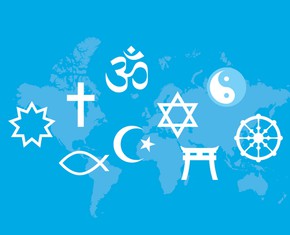
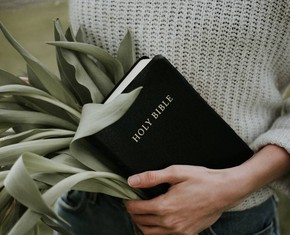
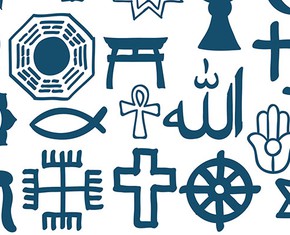
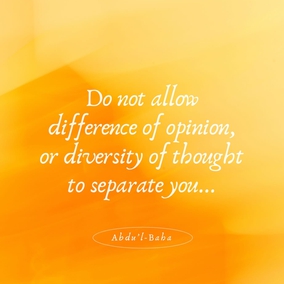
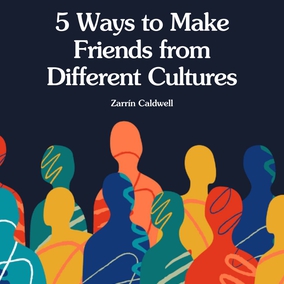
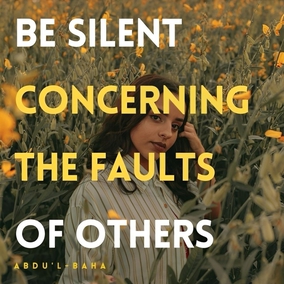






Comments
Sign in or create an account
Continue with Googleor